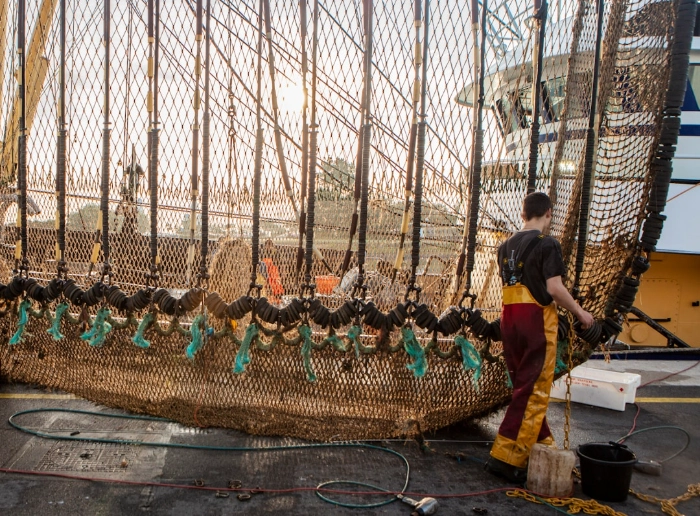First Miraculous Catch of Fish on the Lake of Gennesaret

The account of the first miraculous catch of fish on the Lake of Gennesaret is rich with theological meaning. This event, recorded in Luke 5:1–11, not only demonstrates Christ’s divine authority over nature but also serves as a calling narrative for Peter and the other disciples. Its implications touch on sovereignty, grace, human unworthiness, and divine mission.
First and foremost, the miracle itself showcases the sovereignty of Christ. Jesus commands Peter to let down his nets in broad daylight, after a night of failed fishing. The overwhelming result—so many fish that the nets begin to break—demonstrates Jesus' divine power and control over creation. This highlights God’s providence and lordship over all things, both spiritual and material. Christ is not simply a teacher or prophet; He is the sovereign Lord who rules over the sea and the fish within it.
Secondly, the story reveals the effectual call of God. Peter’s reaction to the miracle is not excitement over the fish, but terror in the presence of holiness: “Depart from me, for I am a sinful man, O Lord” (Luke 5:8). This response is emblematic of total depravity. Peter becomes aware of his own sinfulness when confronted with the divine. It is not his wisdom or goodness that draws him to Jesus, but the sovereign grace of Christ that draws near to him. In this, we see how God's call transforms sinners—not based on merit, but out of sheer grace.
The miracle also illustrates the transforming nature of grace. Jesus does not condemn Peter for his sinfulness; instead, He calls him into deeper fellowship and mission: “From now on you will be catching men” (Luke 5:10). This calling is not based on Peter’s qualifications, but on Christ’s sovereign will. This reflects the doctrine of unconditional election—God chooses and equips whom He wills for His purposes.
Furthermore, the event signifies the beginning of a new redemptive mission. The fish symbolize the souls who will be brought into the kingdom through the preaching of the gospel. Christ is forming His church, and Peter, the unworthy sinner, becomes a foundational figure—not because of his strength, but because of God’s calling and empowering. This is an emphasis on God using weak vessels to display His strength (cf. 1 Corinthians 1:27–29).
Lastly, the disciples’ response—leaving everything and following Him—demonstrates the proper human response to divine grace: faith and obedience. This is the fruit of regeneration, not the cause of it. Their abandonment of livelihood shows the radical nature of discipleship and the all-surpassing worth of Christ.
In sum, the first miraculous catch of fish is not merely a display of power; it is a theological portrait of God's sovereignty, man's unworthiness, Christ’s grace, and the call to mission. It reveals how God calls sinners, equips them by grace, and sends them out to participate in His redemptive work—all for His glory.